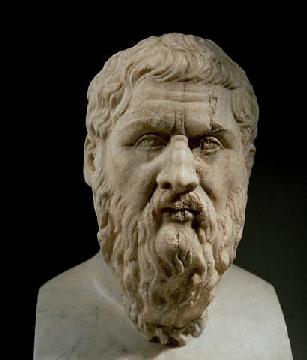viernes, 25 de abril de 2014
CATALONIA -- Catalan News Agency - Norwegian and Catalan experts discuss Catalonia’s right to self-determination at Oslo University
Catalan News Agency - Norwegian and Catalan experts discuss Catalonia’s right to self-determination at Oslo University
Barcelona (ACN).- On Thursday Universitetet i Oslo Oslo
